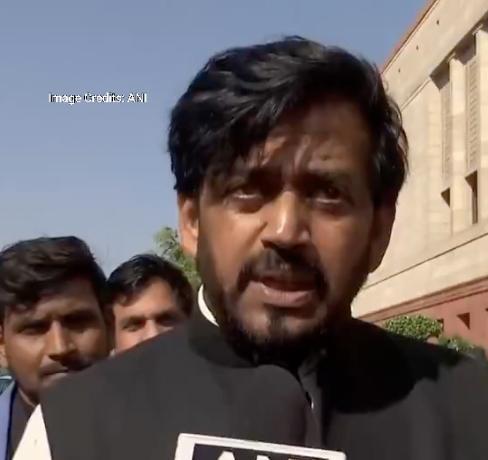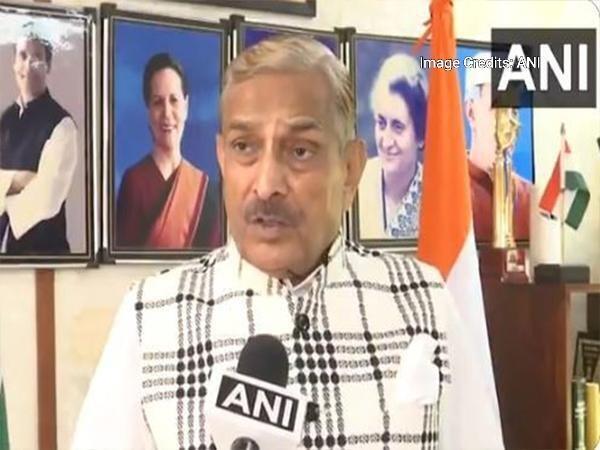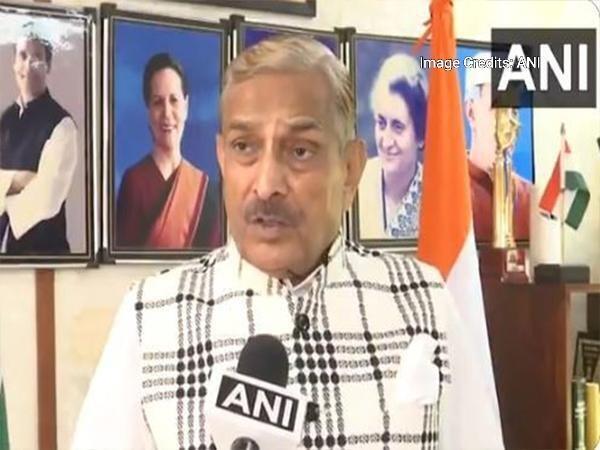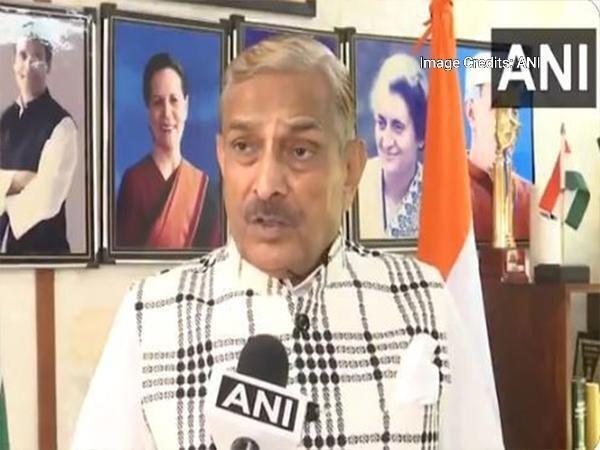
Title: Hooliganism in name of Waqf will now stop: Kishan on JPC report
The Waqf (Charitable Endowments) Act, 1954, was enacted to ensure the management and administration of Waqf properties in a transparent and accountable manner. However, over the years, the act has been marred by allegations of corruption, mismanagement, and misuse of power. The Joint Parliamentary Committee (JPC) on Waqf has finally tabled its report in the Lok Sabha, and its recommendations aim to bring about much-needed reforms in the Waqf sector.
In a recent statement, BJP MP Ravi Kishan expressed his views on the JPC report, stating that it is “good news for the Muslim community.” According to Kishan, the report will ensure that the rights of Waqf property owners are protected and that they will no longer be subject to arbitrary notices and evictions.
The JPC report has identified several areas of concern in the Waqf sector, including the lack of transparency in the allocation of Waqf properties, the absence of a clear framework for the management of Waqf assets, and the prevalence of corruption and nepotism. The report has also highlighted the need for greater accountability and governance in the Waqf sector.
One of the key recommendations of the JPC report is the establishment of a Waqf Authority, which will be responsible for the management and administration of Waqf properties. The authority will be headed by a Chairman, who will be appointed by the Central Government, and will have a mix of government and non-government representatives.
The JPC report has also recommended the establishment of a Waqf Board, which will be responsible for the management of Waqf properties at the state level. The board will be composed of government and non-government representatives, and will have the power to manage and administer Waqf properties in their respective states.
Another important recommendation of the JPC report is the introduction of a registration system for Waqf properties. This will ensure that all Waqf properties are registered and that their ownership and management are transparent and accountable.
The JPC report has also recommended the establishment of a Waqf Tribunal, which will have the power to settle disputes related to Waqf properties. The tribunal will be composed of a Chairman and two members, who will be appointed by the Central Government.
The JPC report has received widespread support from various quarters, including the Muslim community. Many have hailed the report as a major step towards reforming the Waqf sector and ensuring that the rights of Waqf property owners are protected.
In conclusion, the JPC report on Waqf is a welcome step towards reforming the Waqf sector and ensuring that the rights of Waqf property owners are protected. The report’s recommendations, including the establishment of a Waqf Authority, a Waqf Board, and a registration system for Waqf properties, aim to bring greater transparency and accountability to the Waqf sector.
As BJP MP Ravi Kishan has stated, the report is “good news for the Muslim community.” It is hoped that the report will be implemented in its entirety and that it will bring about much-needed reforms in the Waqf sector.






